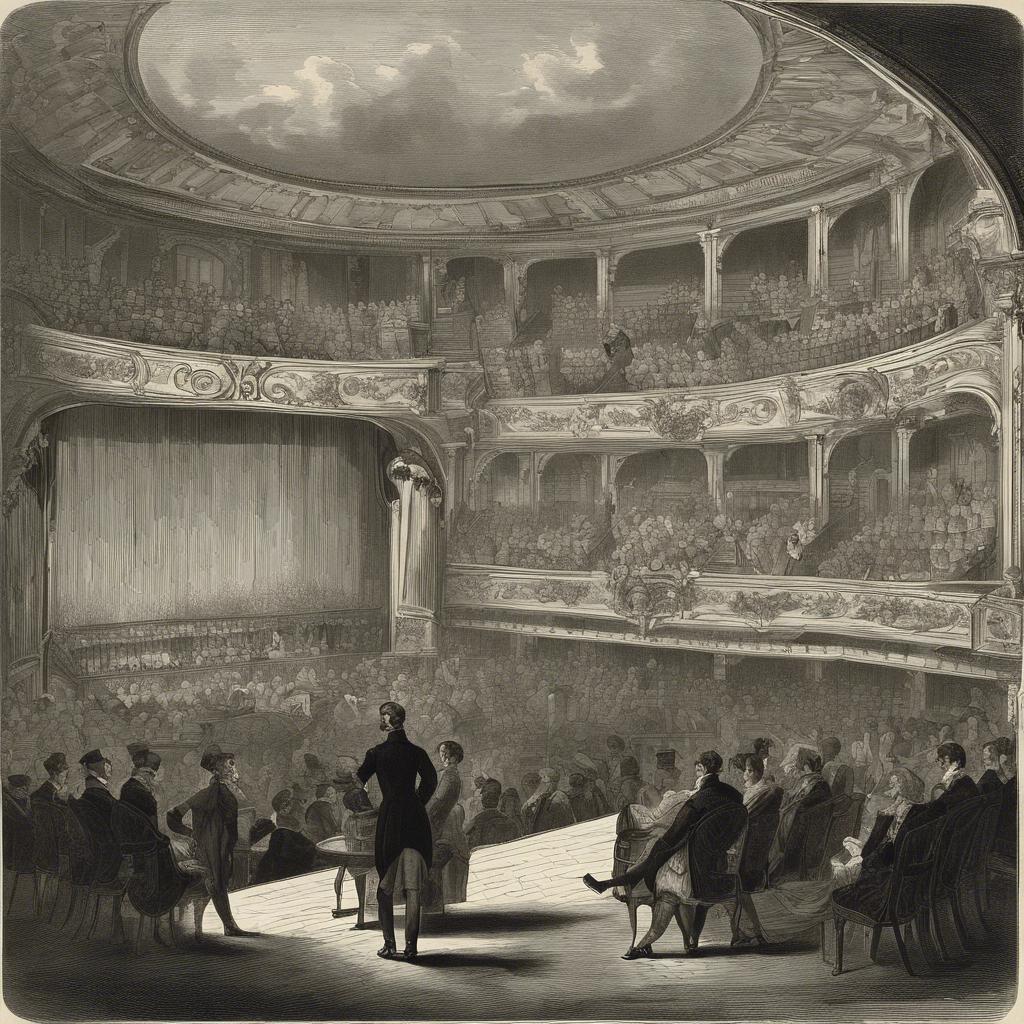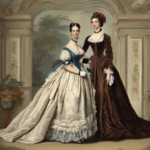regency Era Theater: A Guide to 19th-Century Plays
Introduction
The Regency Era, spanning from 1811 to 1820, is often celebrated not only for its political and social changes but also for its vibrant theatrical scene. This period marks a change in British theater, characterized by the emergence of new genres, prominent playwrights, and a growing public interest in performances. In this comprehensive guide, we will explore the theater landscape of the Regency Era, including influential plays, key figures, and practical insights for modern enthusiasts.
Key Characteristics of Regency Era Theater
Understanding the essence of Regency Era theater requires an exploration of its defining traits:
- Melodrama: emotional narratives that emphasized sensationalism.
- Comedy of manners: Plays that critiqued social norms and the behaviors of the upper class.
- Romanticism: Elements of emotion and individualism became prevalent.
- Increased audience Engagement: The rise of the middle class brought about a larger, more diverse audience.
Prominent Playwrights of the Regency Era
The regency period saw the emergence of several influential playwrights who shaped theatrical literature. Here’s a closer look:
| playwright | Notable Works | Impact |
|---|---|---|
| Richard Brinsley Sheridan | The School for Scandal, The Rivals | Innovative comedies focused on moral and social themes. |
| George Farquhar | The Recruiting Officer, The Beaux’ Stratagem | Popularized humor infused with romance. |
| David Garrick | Many notable adaptations and performances | Transformed the role of the actor and emphasis on performance. |
Popular Genres of the Regency Era
Several theatrical genres flourished during the Regency, each appealing to different segments of society:
- Farce: A comedic genre filled with exaggerated situations.
- Tragedy: Often featuring historical or romantic themes.
- Musical Theater: Blending drama with music and dance.
- Burlesque: A parody that satirizes serious works.
The Cultural Significance of Regency Theater
Theater during the Regency Era was not merely entertainment; it reflected and influenced social changes:
- Social Commentary: Many plays provided insights into the morality and ethics of the time.
- Political expression: Satirical plays addressed political issues more directly.
- Influence of Romanticism: The theater served as a platform for romantic ideals and individualism.
benefits of Appreciating Regency Theater
Engaging with 19th-century plays offers several advantages:
- cultural Understanding: Gain insights into historical social norms and values.
- Literary Enrichment: Discover the roots of modern drama and literature.
- Creative Inspiration: Find ideas for your own writing or artistic endeavors.
Case Studies: Iconic Regency Plays
Let’s delve deeper into notable plays that illustrate the era’s theatrical prowess:
The School for Scandal (1777)
Written by Richard Brinsley Sheridan, this play combines humor with a critique of social hypocrisy, showcasing the absurdities of the upper class.
The Beaux’ Stratagem (1707)
A classic by George Farquhar, this comedic tale of love and deception highlights the playful nature of Regency theater.
First-Hand Experience: Attending a Regency-Themed Play
Attending a Regency-themed play offers an immersive experience into the culture and theatrical style of the era. Here are some practical tips for your visit:
- Dress the Part: Consider wearing Regency-inspired clothing for added fun.
- Read the Play Ahead: Familiarize yourself with the plot for better enjoyment.
- engage with Actors: Some performances encourage audience participation.
Conclusion
Regency Era theater serves as a compelling window into the past,revealing the intricacies of social dynamics,cultural shifts,and the dramatic arts that transcended time. By exploring the notable playwrights, diverse genres, and cultural significance, we gain an appreciation for this vibrant period in theatrical history. Whether you seek to attend a performance or delve into the plays themselves, the allure of Regency theater remains a treasure trove for culture enthusiasts and literature lovers alike.

